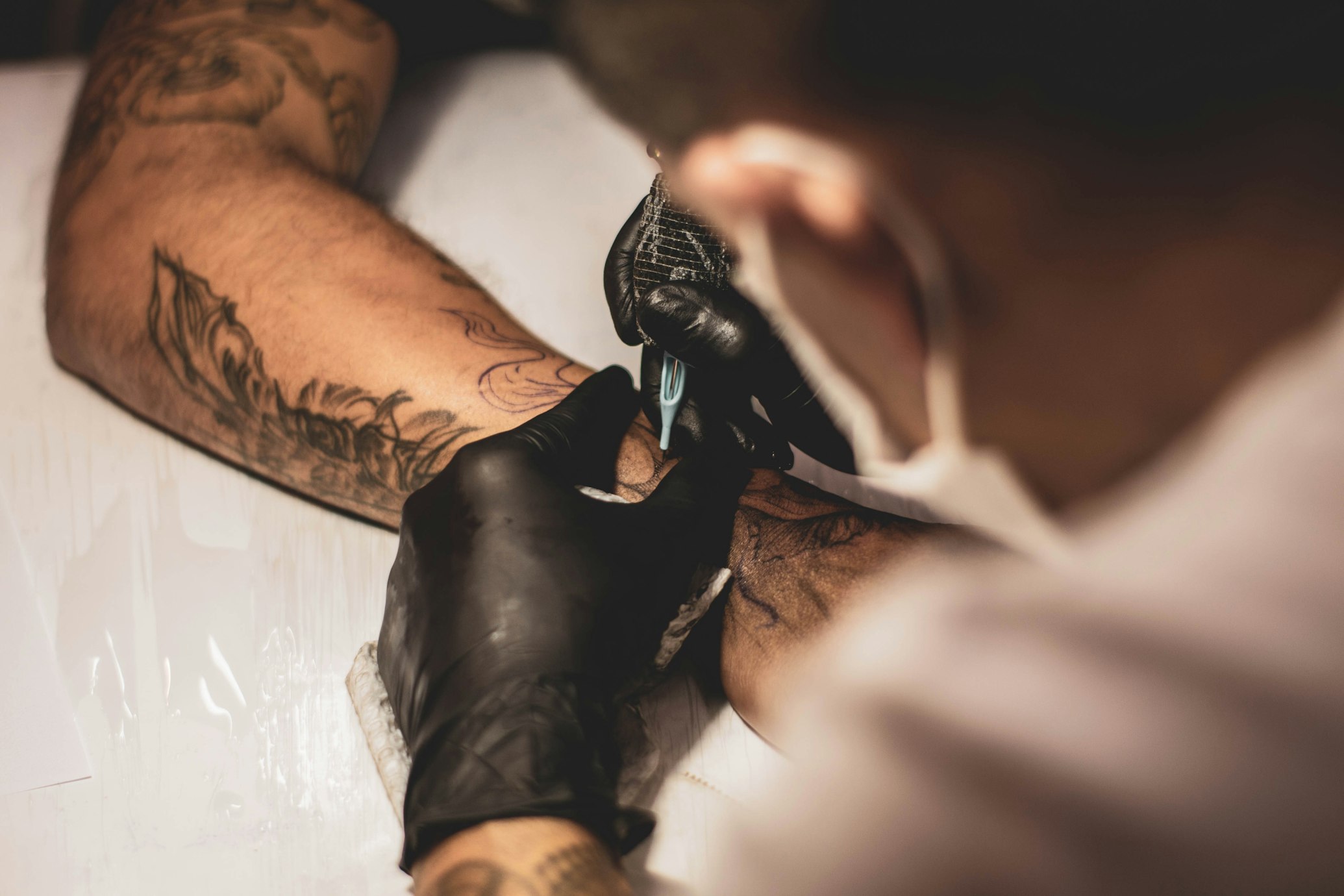Featured
- Get link
- X
- Other Apps
Exploring Cultural Sensitivity in Balinese Tattoo Traditions
Bali, an island renowned for its vibrant landscapes and cultural depth, is also a hub for traditional tattoo artistry. These tattoos are not just artistic expressions but are steeped in cultural and spiritual meanings tied to Balinese history. As tourists flock to Bali, drawn by these intricate designs, a critical conversation about cultural appropriation versus appreciation emerges.
The Cultural Depth of Balinese Tattoos
Traditional Balinese tattoos are far from mere body art. Rooted in ancient religious practices, they symbolize Balinese Hinduism, local mythology, and the natural environment of the island. The process of receiving a tattoo in Bali is often accompanied by spiritual ceremonies, highlighting the sacredness of this tradition. The cultural significance of these tattoos is central to discussions about the boundaries of cultural appreciation.
Preserving Tradition in Tattoo Artistry
In Bali, tattoo studios are keen on preserving the traditional craftsmanship of Balinese tattoos. These establishments often employ artists skilled in traditional techniques and designs, ensuring the authenticity and cultural relevance of each piece. Tourists are encouraged to understand the stories and meanings behind their chosen tattoo designs, promoting a practice of cultural sensitivity.
Addressing Cultural Appropriation
Cultural appropriation occurs when cultural elements are taken from a minority culture by a dominant culture without proper understanding or respect. This issue is prevalent in the context of Balinese tattoos when tourists choose designs without comprehending their cultural significance. Such practices can distort and trivialize cultural symbols, offending local communities and reducing rich cultural expressions to mere aesthetic choices.
Fostering Cultural Appreciation through Education
Tattoo artists in Bali often find themselves educating tourists about the significance of traditional designs, guiding them towards more respectful choices. This educational role is crucial in preventing cultural appropriation and promoting genuine cultural appreciation.
Engagement with Cultural Sensitivity
To engage with Balinese tattoo culture respectfully, tourists should research and understand the traditional meanings behind the designs before getting inked. Discussions with knowledgeable local tattoo artists about the appropriateness of certain designs can further enhance understanding and ensure that the cultural elements are honored correctly.
Conclusion
Balinese tattoos offer a unique opportunity to explore and respect Bali’s rich cultural heritage. By approaching this art form with sensitivity and a willingness to learn, tourists can contribute to the preservation of Balinese cultural traditions, ensuring their interactions are rooted in appreciation rather than appropriation. This thoughtful engagement helps foster a more inclusive and respectful global community.
Popular Posts
Evolving Perceptions of Tattoos in Bali: From Tradition to Modern Artistry
- Get link
- X
- Other Apps
How to Secure Your Dream Property in Bali
- Get link
- X
- Other Apps


Comments
Post a Comment